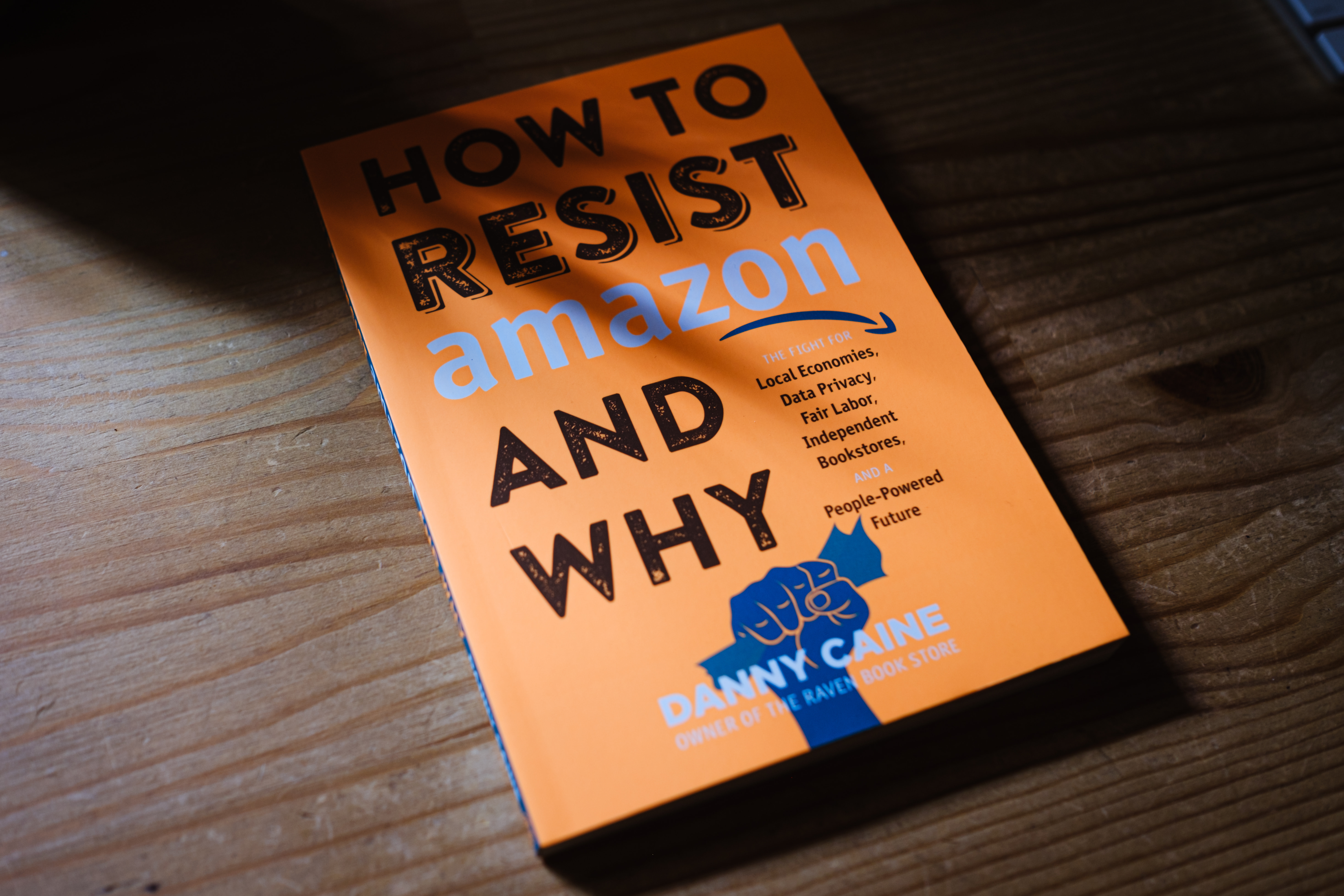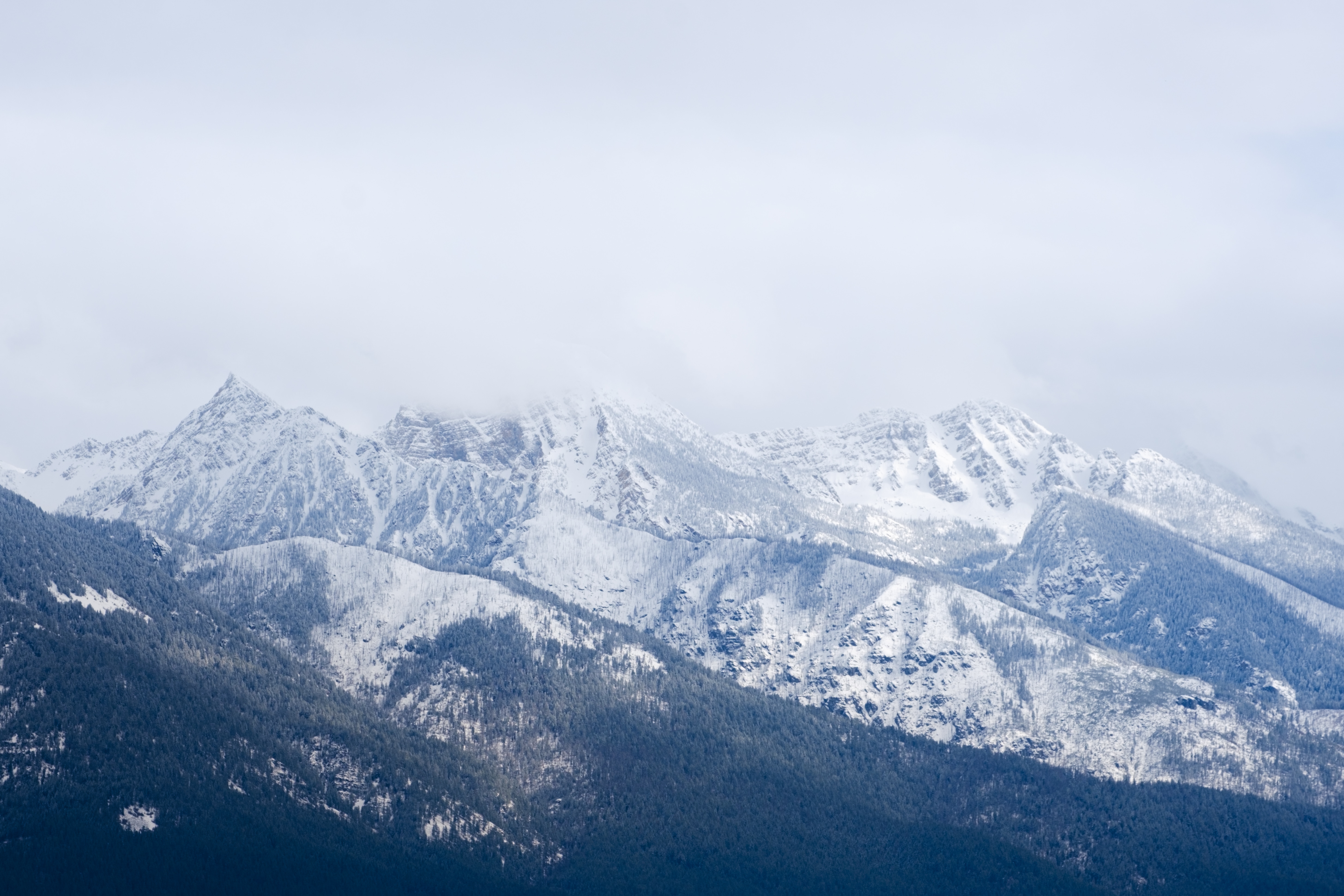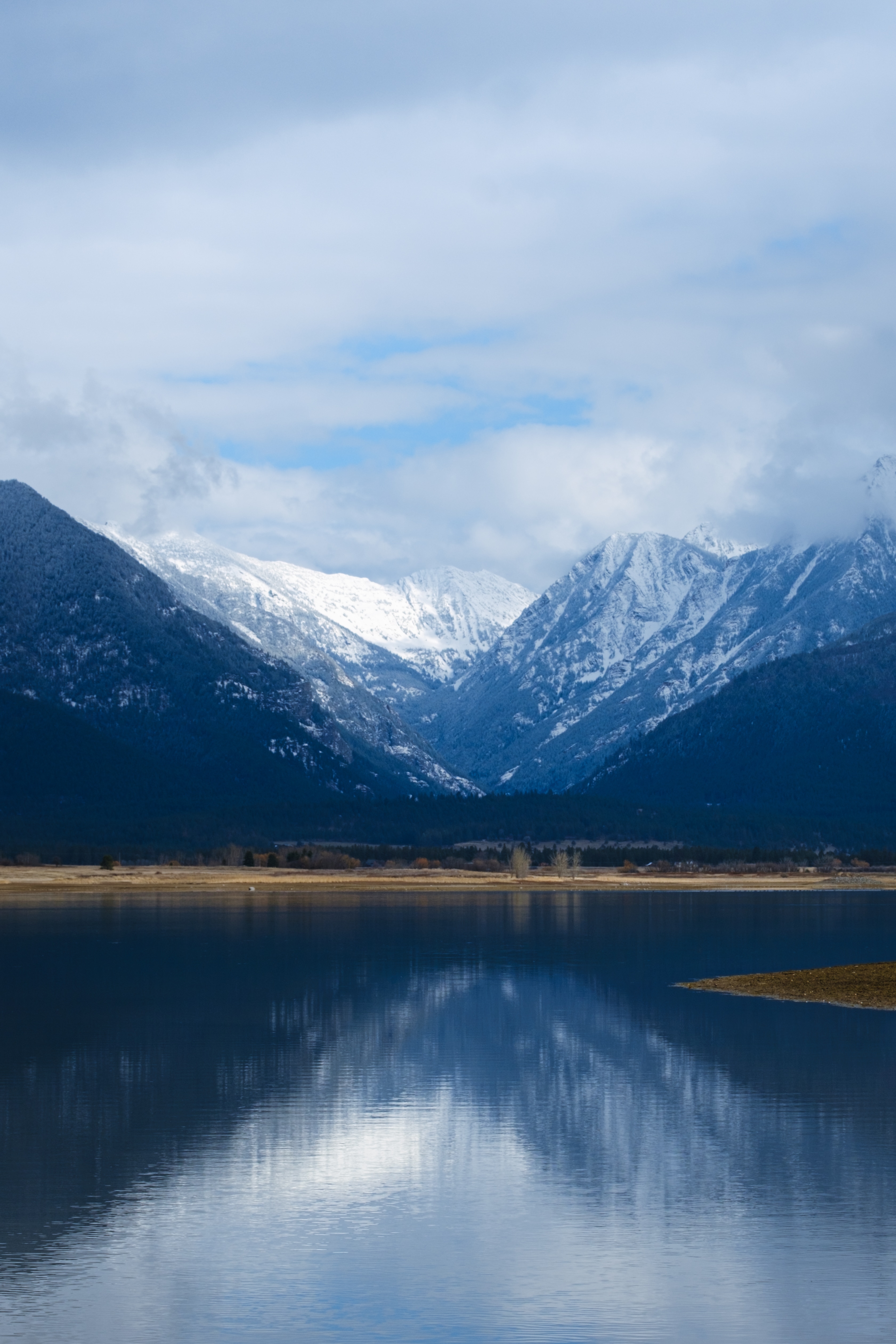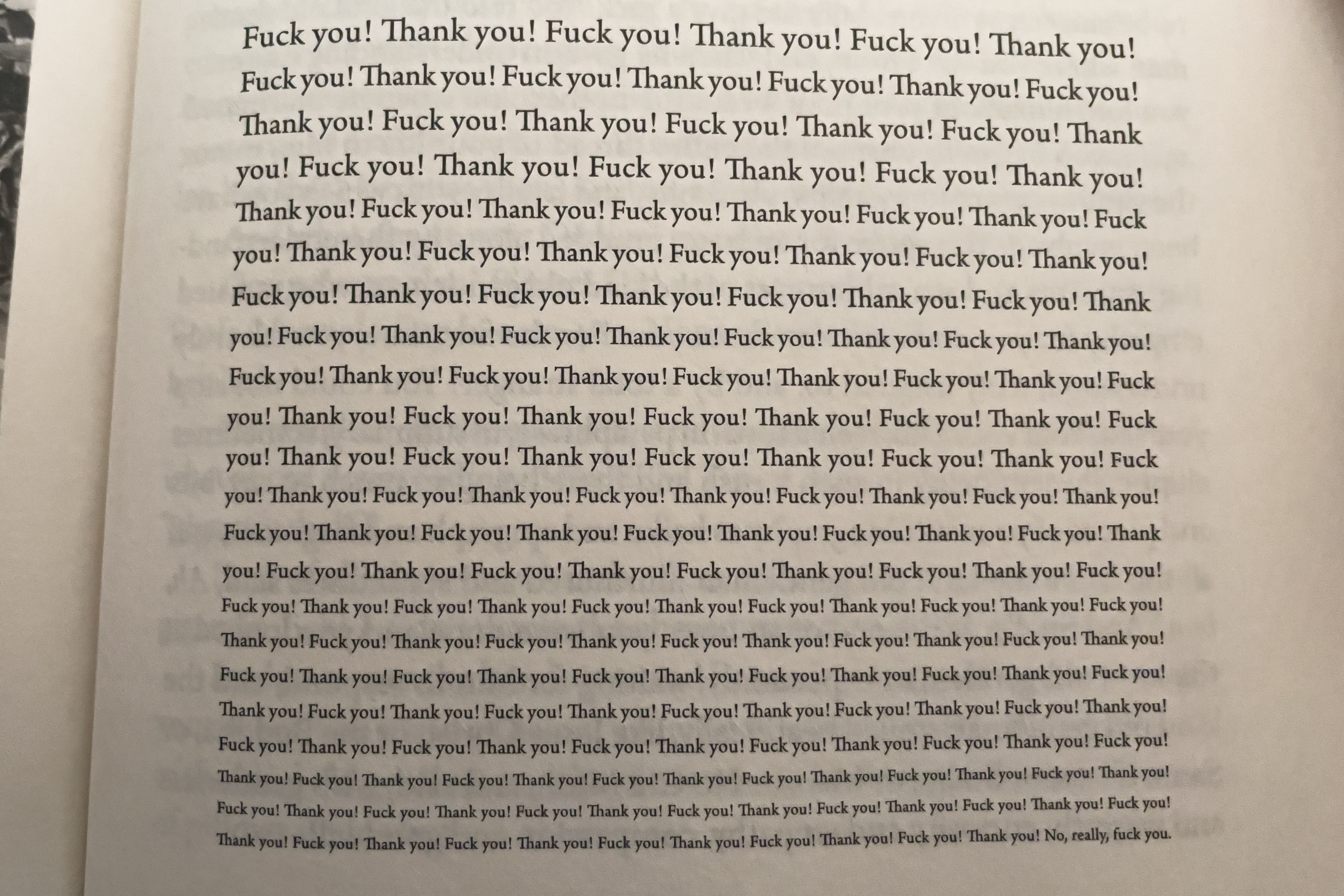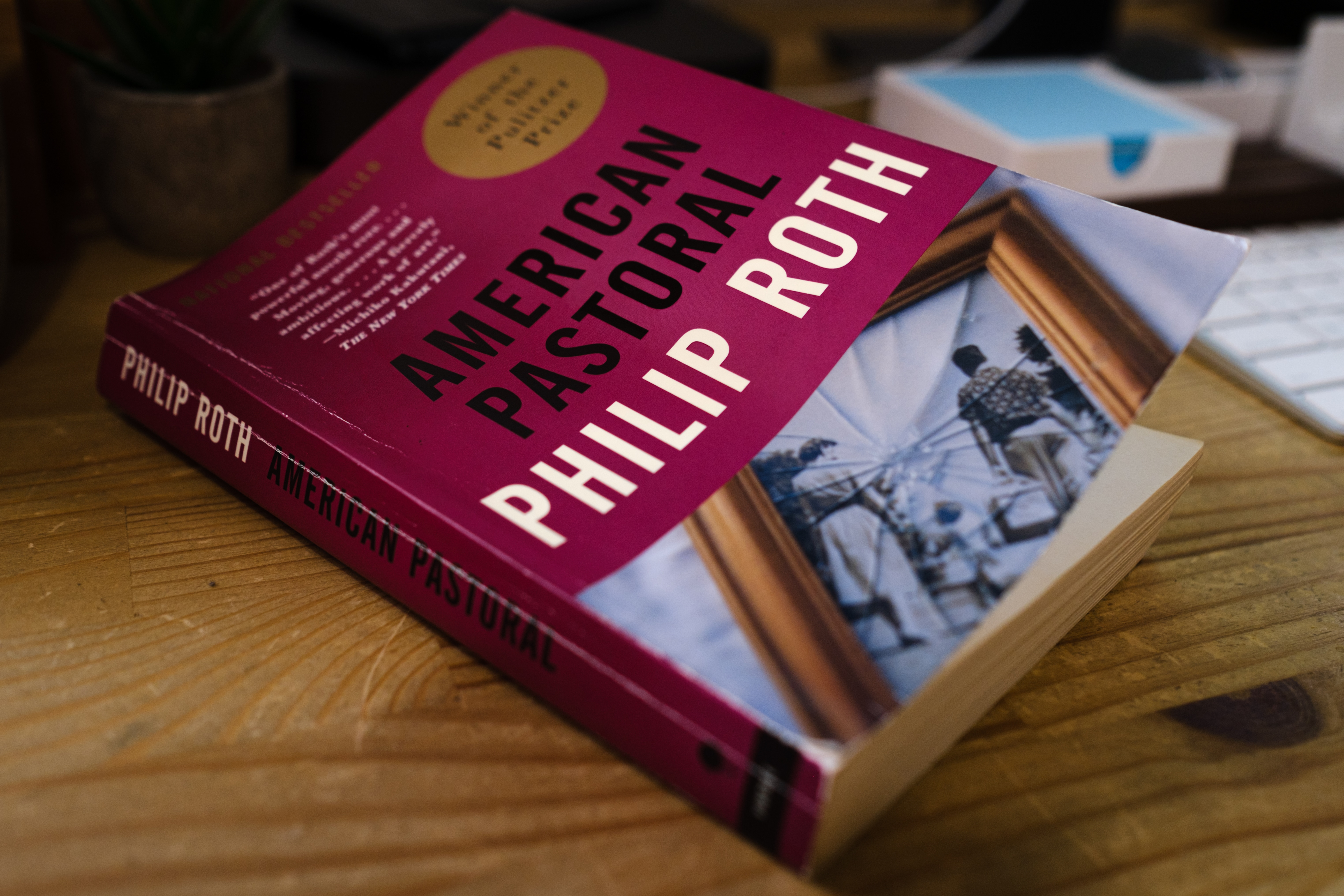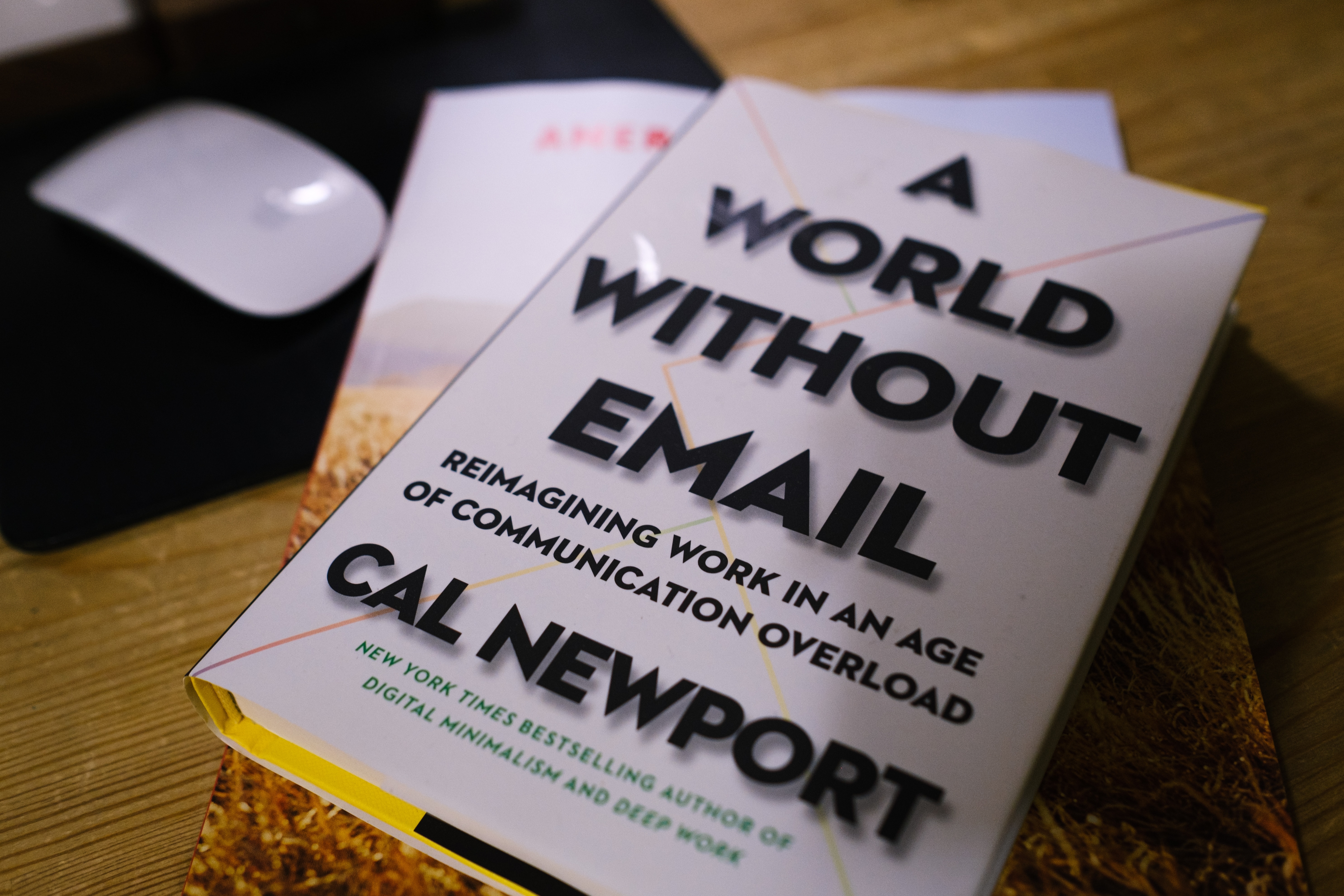Bessel van der Kolk in The Body Keeps the Score:
[Dr. Vincent] Felitti points out that obesity, which is considered a major public health problem, may in fact be a personal solution for many. Consider the implications: If you mistake someone’s solution for a problem to be eliminated, not only are they likely to fail treatment, as often happens in addiction programs, but other problems may emerge.
One female rape victim told Felitti, “Overweight is overlooked, and that’s the way I need to be.”
[…]
“The idea of the problem being a solution, while understandably disturbing to many, is certainly in keeping with the fact that opposing forces routinely coexist in biological systems… What one sees, the presenting problem, is often only the marker for the real problem, which lies buried in time, concealed by patient shame, secrecy and sometimes amnesia—and frequently clinician discomfort.”
When I read this yesterday, I felt deep, deep shame. Up until the end of 2011, I always battled with my weight and my self-image. I ate all the time, even when I wasn’t hungry. I ate when I was bored, when I watched TV, when I was with friends. I ate when I hated myself, when I wanted to die, when I wanted to numb the pain. I’m 5’8”, and at my heaviest, I weighed over 230lbs. I had failed so many times in trying to keep my weight in check, and each time I failed, I ate and ate and ate.
But then that all changed. I wish I could remember the mindset I was in when it did, but I can’t. Not really. One day it just clicked: I want to lose weight, and I want to live healthily, and if that means a pound a week, a few pounds a month, so be it. This isn’t something I wanted to do in 10 days and then just stop; this was something I knew would be a lifelong endeavor, and at time time, that made complete sense to me. So I just started.
Slowly at first. I only worked out on Monday, Wednesday, and Friday, and I did simple resistance band training. I did what I could, knowing that I was in it for the long haul, and I decided to only weigh myself once a week. What I wanted to see was a steady decline in my weight, regardless of the number. My arbitrary goal at the time was to lose a pound a week. It didn’t happen the first month. I think I only lost two pounds that first month, but I had a month’s experience under my belt, and that made the next month a bit easier. I started to feel stronger, healthier, and more excited to start my next workout. That next month I lost the four pounds I wanted to lose, and then it snowballed from there.
From December 2011 to April 2012, I lost over 60lbs. Each new milestone propelled me to the next one, and I’ve been living healthily ever since. I’m at my ideal weight range, which is in the mid-170s, and I have no intention of ever stopping. I have over 10 years of experience built into my system now and stopping means sadness, means depression, means death. During the past decade, I have noticed myself stopping when in front of a mirror because 1) I like how I look, but also 2) I sometimes don’t recognize myself.
I felt shame when I read that passage above because I have sometimes thought to myself, whenever I’ve seen an overweight person, why they don’t do what I did and just lose the weight. I know this is awful, and my hands are trembling a bit as I’m writing this, unsure whether I should just delete this section or not, but it’s true. I only remember the results, the consistency, the routine of it now, but I don’t always remember all the pain and hardship I had to endure before I decided to make the change and how everyone is different. How everyone is battling their own demons, their own personal hells.
And then I read the next section:
But when the ACE study data started to appear on his computer screen, he realized that they had stumbled upon the gravest and most costly public health issue in the United States: child abuse. He had calculated that its overall costs exceeded those of cancer or heart disease and that eradicating child abuse in America would reduce the overall rate of depression by more than half, alcoholism by two-thirds, and suicide, IV drug use, and domestic violence by three-quarters. It would also have a dramatic effect on workplace performance and vastly decrease the need for incarceration.
In early 2020, before I ever heard of the coronavirus, I befriended a little girl named Zoe. She is the sweetest person I’ve ever met in my life, but what I didn’t know when I met her was her past. When she was much younger, she witnessed something truly horrific, something that no one should ever ever see. She and her brother were both taken from their parents and adopted by a lovely family, but the memories of whatever she saw infected her in ways that make her a “troublesome” student. She lashes out in class sometimes, and other times she just shuts down without any discernible reason.
So I bought The Body Keeps the Score because I wanted to learn more about trauma, specifically childhood trauma, but then the coronavirus shut the world down, and I didn’t see any of the kids, particularly Zoe, for months and months. So I kinda forgot about the book. Last spring, I did attend a Zoom meeting that dealt specifically with childhood trauma, and I earned a certificate and everything, but without putting it into practice, I kinda forgot what I learned. Like others, I focused on other things, and when school started again in the fall, we were all more concerned about wearing masks and social distancing than paying attention to the mental states of our students.
Throughout the year, I’d been checking in with Zoe more and more, and to me, she seemed okay. She even gives me hugs whenever she sees me. It’s funny because there was one time last week when she saw me, she said, “Just give me a hug,” and she wrapped her arms around me and hugged me. It was so funny and so sweet that it was then that I remembered this book. I wanted to know if there was something in what I was doing that was helping her in some way. I’m about halfway through the book now, and I may be getting hints here and there about how to help children with childhood trauma, but I’m not quite there yet, so I’m not sure if what I’m doing is helping. Maybe it is, maybe it isn’t. All I know is that I’m committed to this topic and to Zoe and other children like her.
This is a lifelong endeavor, and I’m in it for the long haul.
